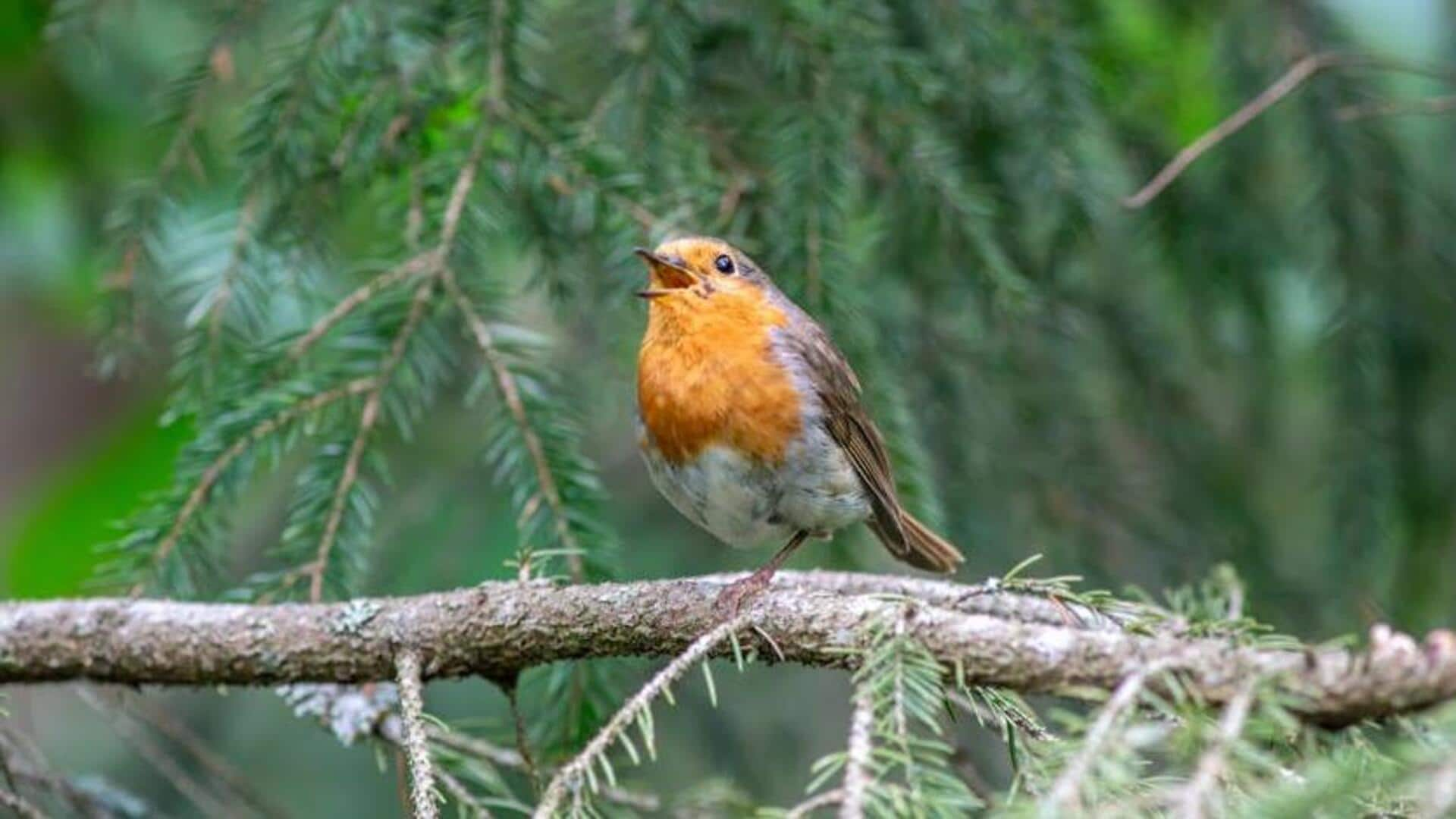
Unveiling Botswana's Okavango Delta: A birdwatcher's dream
What's the story
The Okavango Delta in Botswana is a unique inland delta known for its sprawling grassy plains, which flood seasonally, transforming the area into a vibrant wetland. This natural wonder attracts a plethora of wildlife and is especially renowned as a birdwatching paradise. The delta's diverse ecosystems support an incredible variety of birds, making it an essential destination for nature enthusiasts and bird lovers alike.
Canoe safari
Embark on guided mokoro excursions
Exploring the Okavango Delta by mokoro, a traditional dugout canoe, offers an intimate glimpse into the aquatic life of this vast wetland. Guided by local polers, visitors can silently glide through narrow waterways and lagoons, encountering an array of bird species from African fish eagles to malachite kingfishers. This tranquil journey not only brings you closer to nature but also supports local communities.
Walking safaris
Discover the heart of the delta on foot
For those eager to immerse themselves fully in the delta's ecosystem, walking safaris provide an unparalleled opportunity. Accompanied by experienced guides, travelers can tread softly through the bush and floodplains, learning about the flora and fauna that make this area so special. It's a chance to witness birds in their natural habitats, from nesting sites to feeding grounds.
Photography tours
Capture nature through your lens
Photography enthusiasts will find the Okavango Delta a haven for capturing stunning wildlife shots. Specialized photography tours cater to both amateur and professional photographers, offering guidance on how to best photograph the diverse landscapes and birdlife. Early morning or late afternoon excursions provide perfect lighting conditions to capture the breathtaking beauty of this UNESCO World Heritage site.
Eco-tourism
Engage with local conservation efforts
Visiting the Okavango Delta isn't just about witnessing its natural beauty; it's also an opportunity to support conservation. Many lodges and tour operators engage in sustainable tourism practices, helping preserve this fragile ecosystem for future generations. During their stay, travelers can participate in educational talks or volunteer with local conservation projects, making their visit a meaningful contribution to environmental preservation efforts.